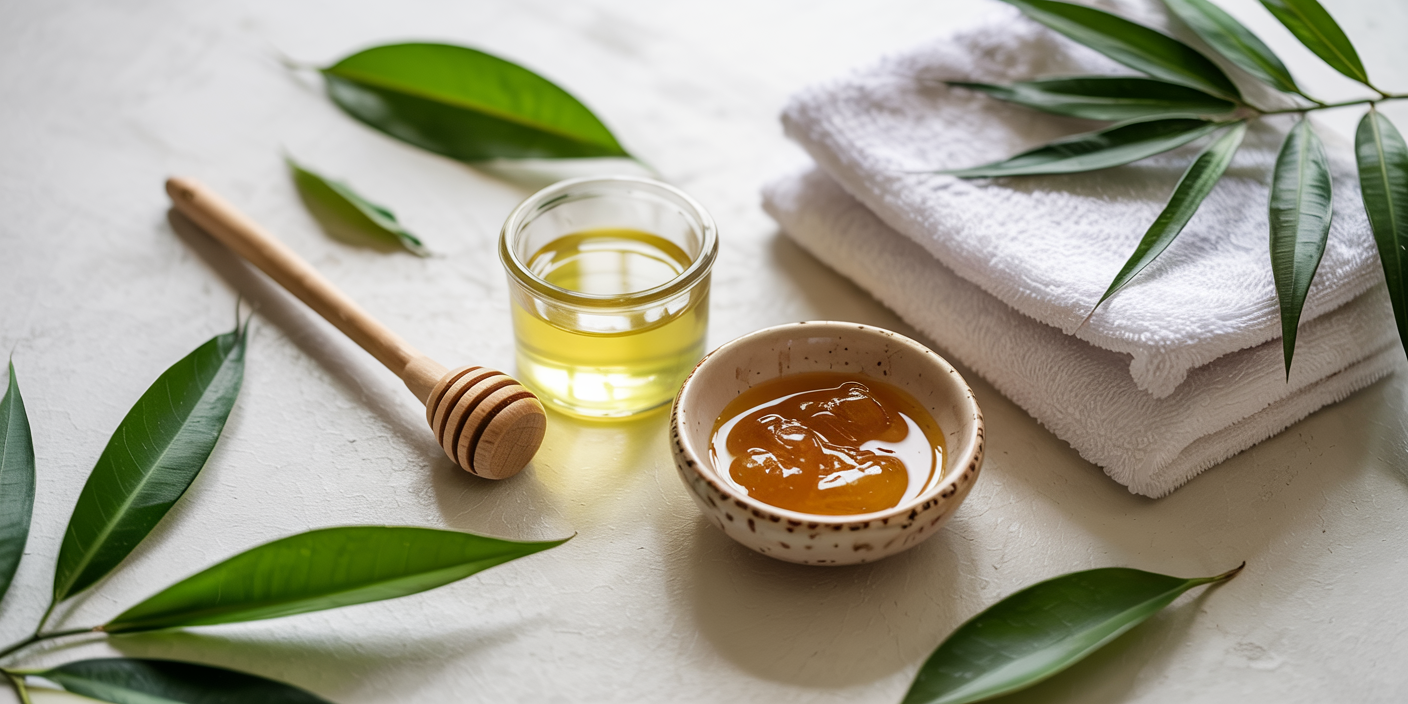Introduction
Coconut oil has gained immense popularity as a natural skincare staple. From moisturizing to removing makeup, it’s a go-to in DIY beauty routines.
But what really happens when you wash your face with coconut oil? Is it safe for all skin types?
In this post, we’ll dive deep into the benefits, potential side effects, and expert-recommended methods of using coconut oil as a facial cleanser.
Plus, you’ll find SEO-optimized keywords to help guide your skincare journey.
1. Benefits of Washing Your Face with Coconut Oil
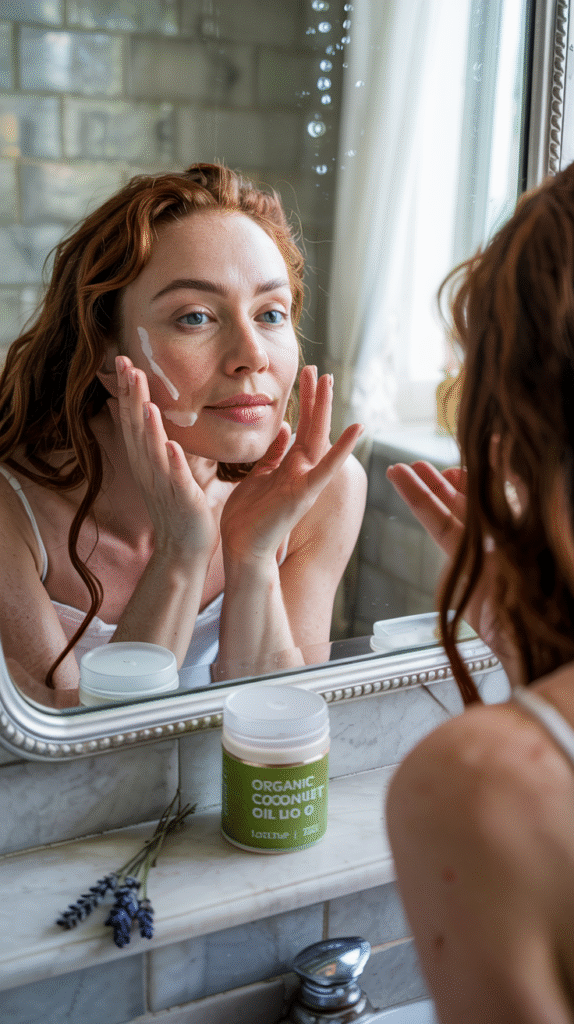
Coconut oil is rich in skin-loving fatty acids—lauric acid, caprylic acid, and capric acid—that help nourish, protect, and soothe your skin.
Natural Makeup Remover
Breaks down stubborn makeup, sunscreen, and impurities effortlessly.
Deeply Hydrating
Ideal for dry skin—it leaves your face soft, glowing, and moisturized.
Antibacterial & Anti-inflammatory
Soothes redness and irritation while keeping bacteria at bay.
Rich in Antioxidants
Fights free radicals and environmental damage.
2. Side Effects & Risks of Using Coconut Oil on Your Face
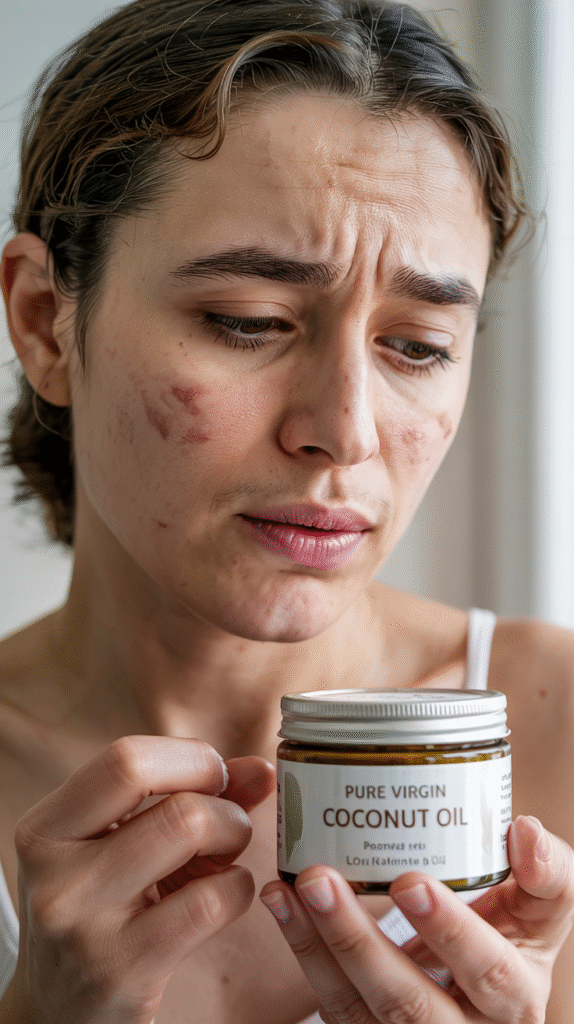
Despite its many perks, coconut oil isn’t suitable for every skin type—especially if you’re acne-prone.
⚠️ Highly Comedogenic
Coconut oil can clog pores, leading to breakouts.
⚠️ Heavy Residue
Its thick texture can leave a greasy film if not rinsed off properly.
⚠️ Not Water-Soluble
Requires a washcloth or second cleanser to fully remove.
SEO Keywords:
does coconut oil clog pores, coconut oil acne reaction, side effects of coconut oil on face, is coconut oil safe for oily skin, comedogenic oils to avoid, why coconut oil causes breakouts
3. Best Skin Types for Coconut Oil
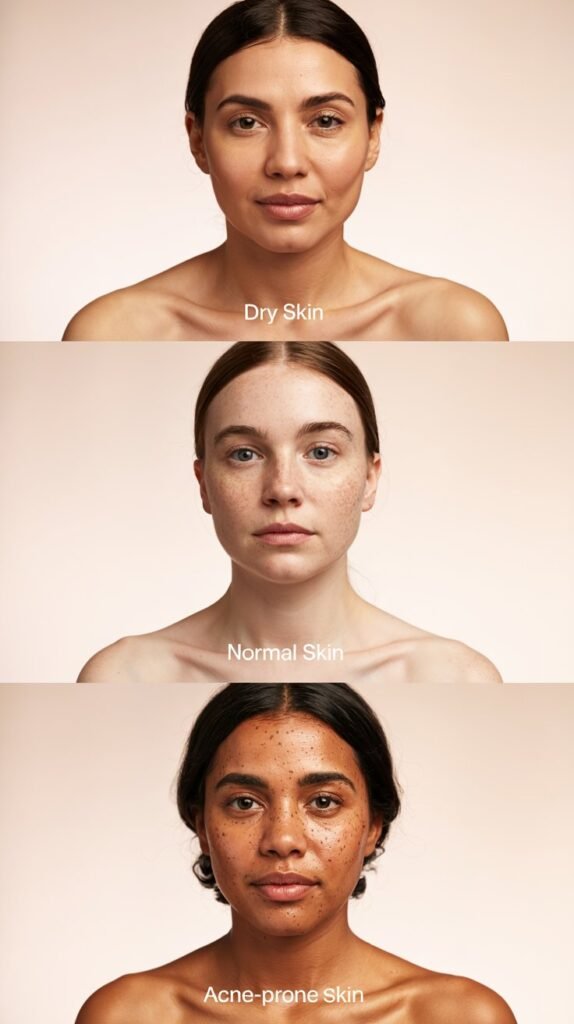
Knowing your skin type is key before trying coconut oil.
- Dry to Normal Skin: Benefits most from its hydrating properties.
- Sensitive Skin: Generally safe, but always do a patch test.
- Oily/Acne-Prone Skin: Not recommended due to its pore-clogging nature.
SEO Keywords:
coconut oil for dry skin face, sensitive skin natural cleansers, who should not use coconut oil, skincare routine for acne-prone skin, coconut oil for normal skin type
4. How to Wash Your Face with Coconut Oil (Step-by-Step)
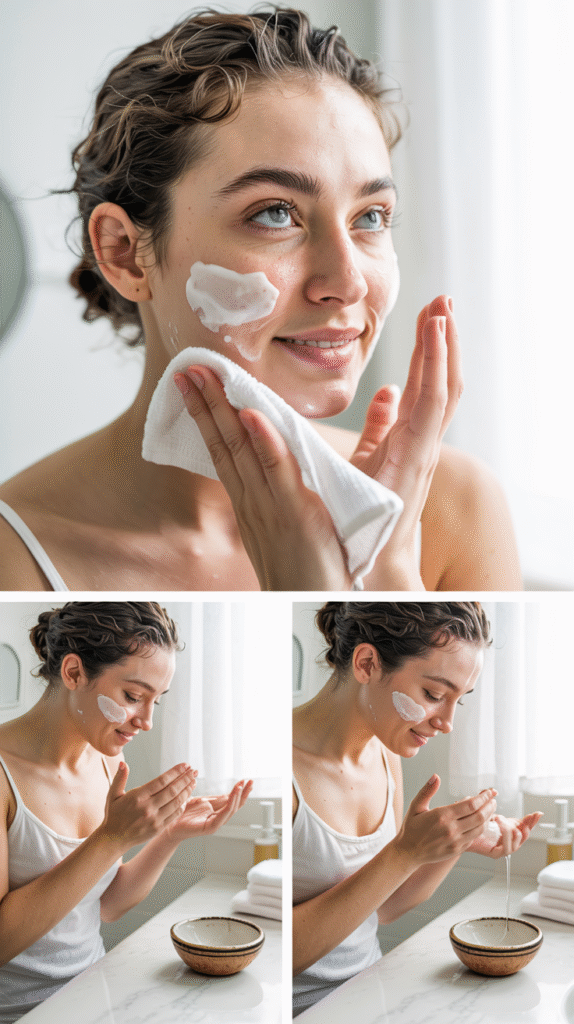
Step-by-Step Guide:
- Take 1 teaspoon of virgin coconut oil.
- Rub between palms and massage onto dry face for 1–2 minutes.
- Wipe off with a warm, damp microfiber cloth.
- Follow with a gentle, water-based cleanser for a double cleanse.
- Pat dry and apply your usual toner, serum, and moisturizer.
5. Best Coconut Oils for Face Washing
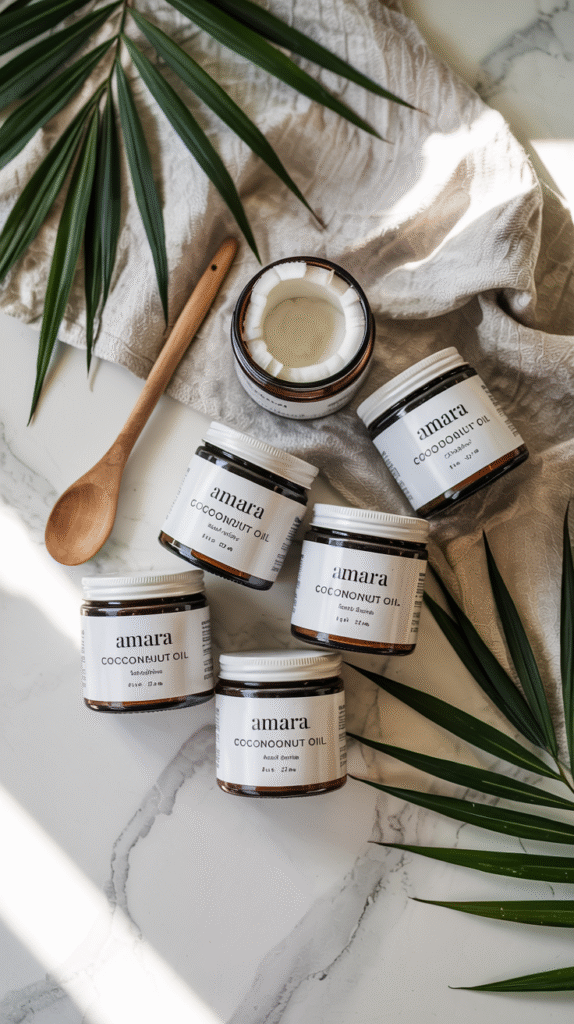
Always opt for high-quality, unrefined oils.
Top Choices:
- Nutiva Organic Virgin Coconut Oil
- Dr. Bronner’s Fair Trade Coconut Oil
- Viva Naturals Cold-Pressed Coconut Oil
Look for labels like cold-pressed, virgin, and organic.
6. Alternatives to Coconut Oil for Acne-Prone Skin
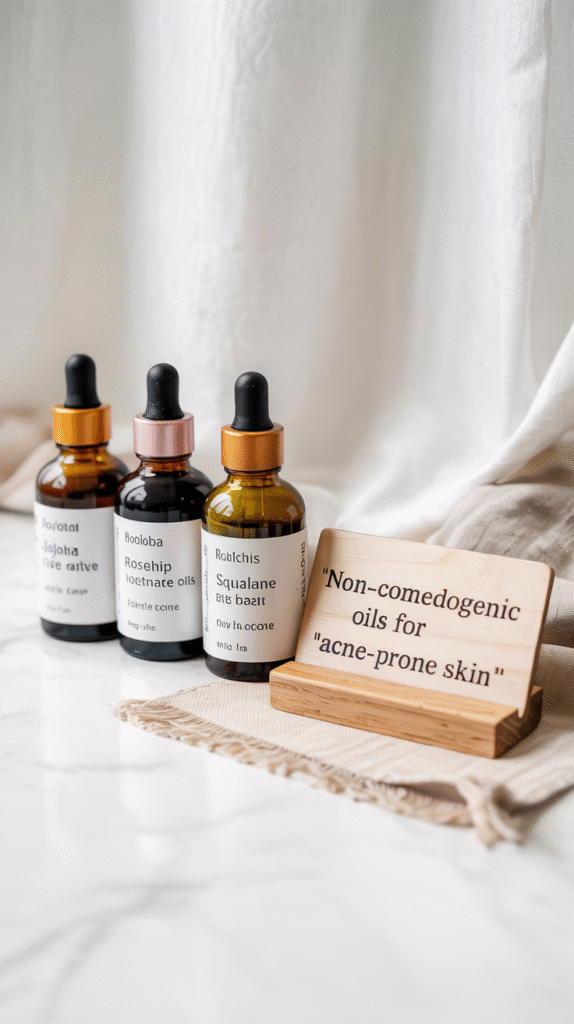
If coconut oil isn’t your match, try these gentler alternatives:
- Jojoba Oil – Non-comedogenic, mimics skin’s natural oils.
- Rosehip Oil – High in vitamin A, anti-inflammatory.
- Squalane – Lightweight and suitable for sensitive, acne-prone skin.
7. DIY Coconut Oil Face Cleanser Recipes
Make your own skin treats at home with coconut oil.
✨ Basic Cleanser:
1 tbsp coconut oil + 2 drops lavender essential oil
✨ Exfoliating Scrub (use once a week):
1 tbsp coconut oil + 1 tsp baking soda
✨ Moisturizing Mask:
Coconut oil + 1 tsp raw honey (leave for 10–15 mins)
FAQs: Coconut Oil in Skincare
Q1: Can I use coconut oil on my face daily?
A: Only if you have dry skin. For others, 2–3 times weekly is safer.
Q2: What if I sleep with coconut oil on my face?
A: It can moisturize dry skin, but it may clog pores for acne-prone types.
Q3: Should I use coconut oil before or after cleansing?
A: Use before as a makeup remover or oil cleanser. Always follow with a gentle cleanser.
Q4: Can coconut oil fade dark spots?
A: It moisturizes but doesn’t fade pigmentation. Try Vitamin C or niacinamide for that.
Q5: Is coconut oil safe for sensitive skin?
A: Yes, but always patch test before full use.
Conclusion: Is Coconut Oil Right for Your Skin?
Coconut oil can be a skincare hero for dry and sensitive skin types, thanks to its deep hydration and natural antibacterial properties. However, it’s not ideal for oily or acne-prone skin, as it may clog pores and trigger breakouts.
If you try it, opt for cold-pressed, virgin coconut oil, and always use it as part of a double cleansing routine to avoid residue. For others, gentler oils like jojoba, rosehip, or squalane may be better suited.
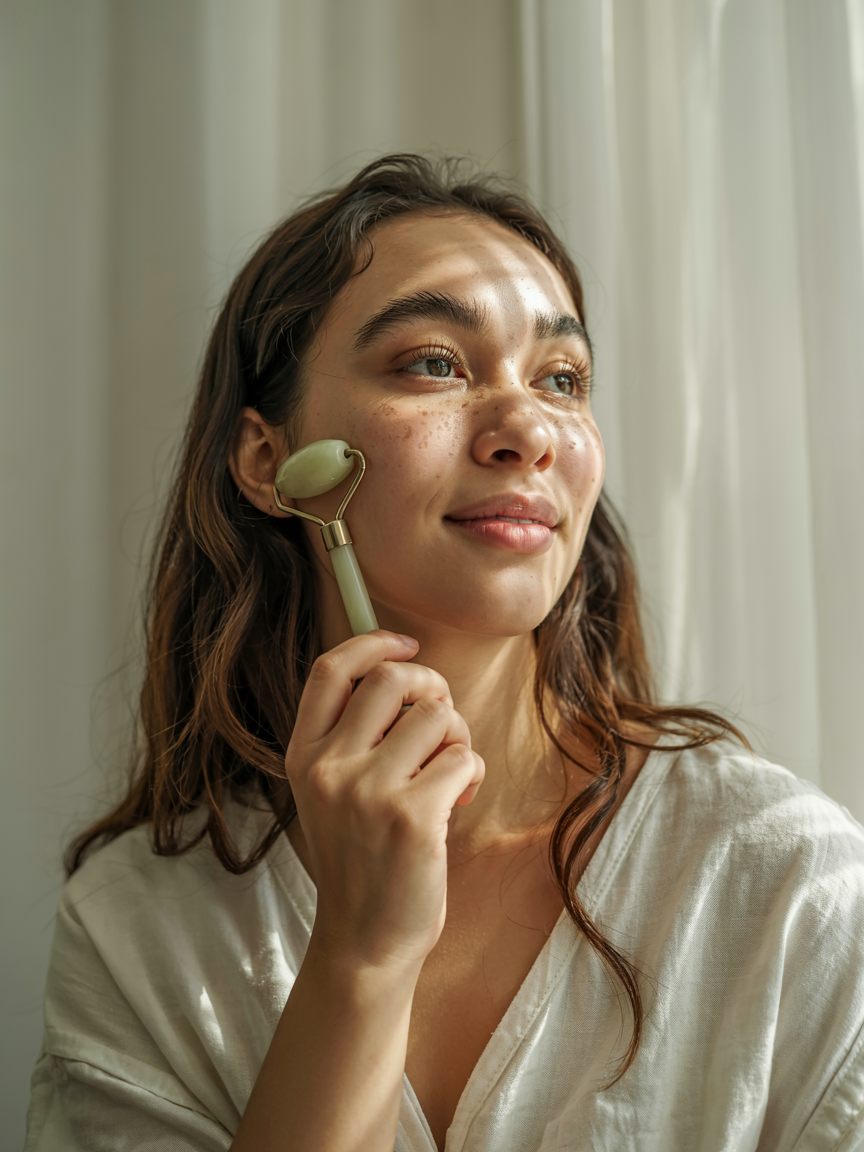
Hi, I’m the creator of PureGlowTips, a passionate advocate for natural beauty, skincare wellness, and holistic self-care. With years of experience exploring DIY remedies, clean beauty routines, and nutrition for healthy skin, I aim to empower women to glow from the inside out—naturally. Whether you’re struggling with acne, looking to simplify your beauty routine, or just love pampering your skin, you’ll find real, effective tips here that actually work.

